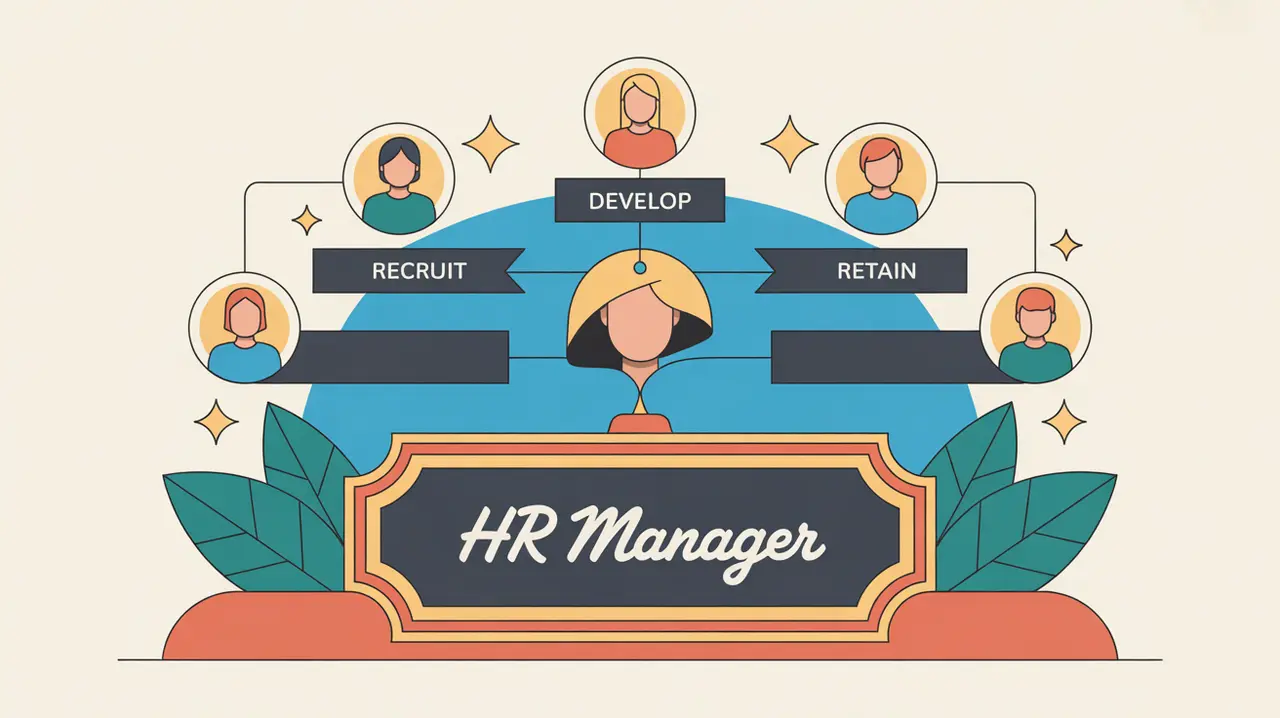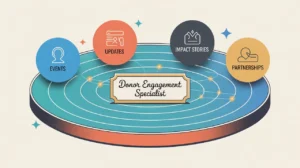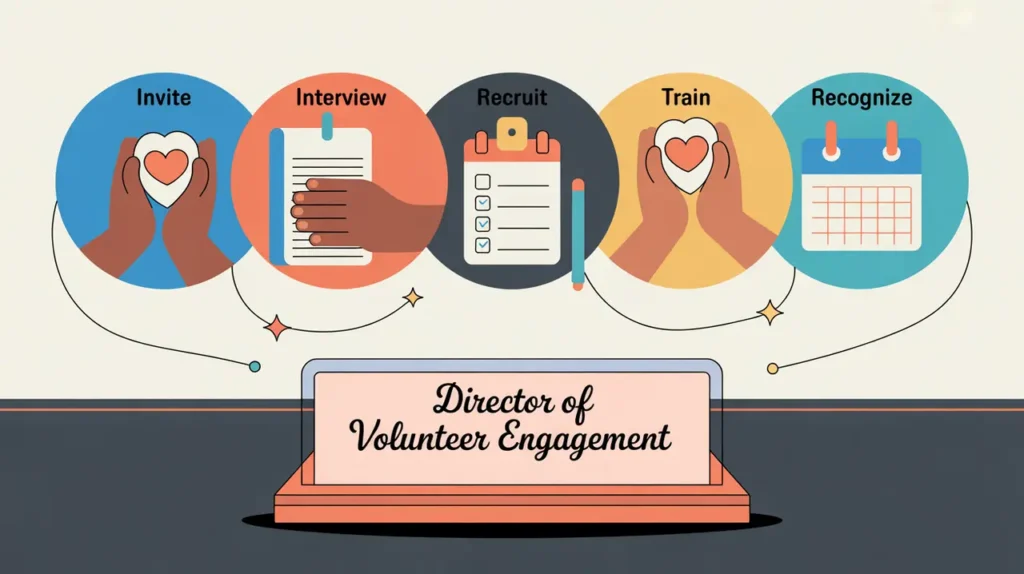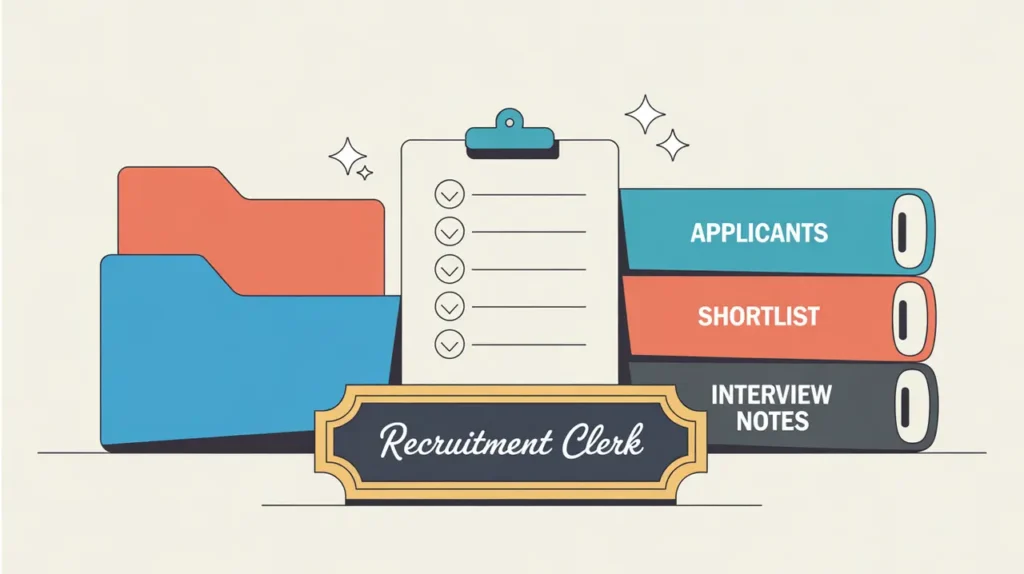What Does the HR Manager Role Involve?
An HR manager oversees the delivery and coordination of human resources functions within an organization. This includes managing recruitment and onboarding, employee relations, performance management, training and development, compensation and benefits administration, and compliance with employment regulations. The role typically sits within the HR or people operations function and serves as the link between leadership and staff on all matters related to the employee lifecycle. In nonprofits and social enterprises, HR managers are critical in shaping organizational culture, ensuring compliance, and supporting strategic workforce planning.
At What Level does this Role Operate?
Mid Level: This role typically reports to a director of HR, chief people officer, or equivalent senior leader. It often includes supervisory responsibilities over HR assistants, officers, or specialists and involves both operational management and strategic input into HR policies and programs.
Relative Employability: HR manager roles are consistently in demand across nonprofits, social enterprises, and the private sector. As organizations place increasing emphasis on talent development, compliance, and culture, skilled HR managers are essential to support growth and change.
Relative Pay Scale: HR manager roles sit within mid-level pay bands, reflecting their blend of strategic responsibilities, operational oversight, and people management functions.
What are the Key Responsibilities and Activities?
- Oversee recruitment, selection, and onboarding processes to ensure the organization attracts and retains the right talent
- Manage performance management systems, employee engagement initiatives, and professional development programs
- Supervise HR assistants, officers, or specialists, providing guidance and ensuring delivery of high-quality services
- Administer compensation and benefits programs in coordination with finance and leadership teams
- Develop and implement HR policies, procedures, and compliance frameworks aligned with labor laws and organizational values
- Support managers and employees in addressing workplace issues and fostering a positive organizational culture
- Lead employee relations efforts, including conflict resolution and disciplinary processes when required
- Coordinate and support training, leadership development, and succession planning initiatives
- Provide HR reporting and analysis to inform leadership decision making
What Core Competencies and Qualifications are Needed?
Required Qualifications and Experience
The following reflect common qualifications and experience expected for this role, while recognizing that pathways may vary by context, organization, and region.
- Academic background in human resources, organizational development, business administration, or related fields, or equivalent professional experience
- Several years of progressively responsible HR experience, including supervisory responsibilities
- Strong knowledge of labor laws, compliance standards, and HR best practices
- Experience designing and implementing HR policies and programs
- Strong interpersonal, communication, and leadership skills
- Proficiency with HR information systems and data analysis tools
Key Competencies
- Strategic workforce planning and policy development
- Recruitment and performance management
- Compensation and benefits administration
- Employee relations and organizational culture development
- Supervisory and leadership capabilities
- Compliance oversight and reporting
- Change management and organizational development
How are AI and Automation Shaping this Role?
An AI-native HR manager will look to AI and automation to enhance talent acquisition, improve workforce analytics, and streamline HR operations. They can use AI tools to identify talent pools, optimize job descriptions, screen candidates more effectively, and generate insights from workforce data to inform strategic decisions. Automation can support onboarding workflows, performance review cycles, and compliance tracking, allowing HR managers to focus on leadership development, culture building, and strategic planning. By using these technologies, HR managers can lead more agile and data-informed HR functions.
What Career Pathways and Transferable Skills are Associated with this Role?
HR manager roles can lead to positions such as director of HR, chief people officer, organizational development director, or operations lead. The skills developed in workforce planning, leadership, compliance, and strategy are highly transferable across nonprofits, social enterprises, and the private sector. This role serves as a pivotal stepping stone toward senior leadership positions that shape organizational culture and human capital strategy.







